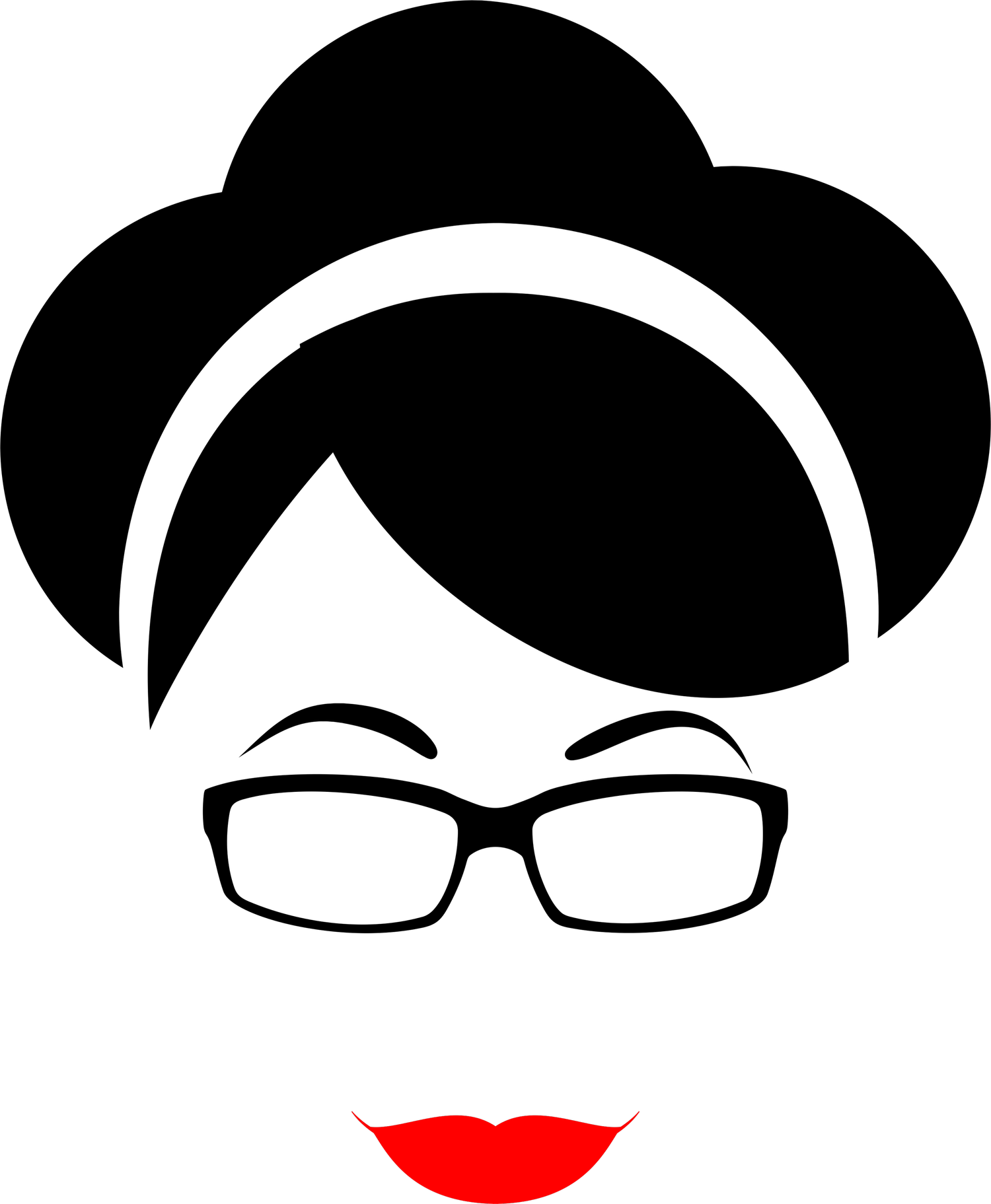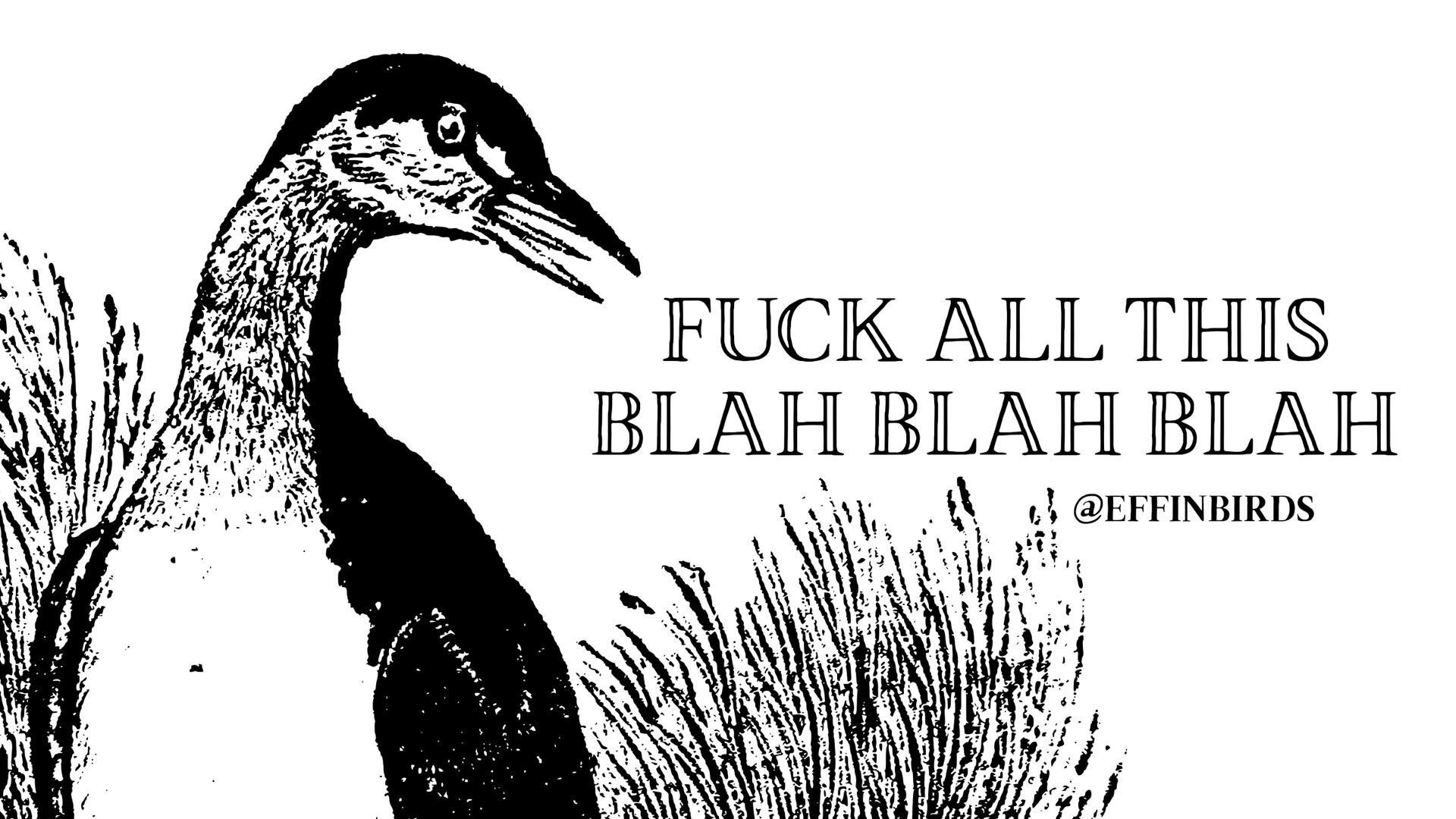A few years ago, I came across a paper titled ‘Eusocial ant nest management, template for land development’ (Benckiser 2017). Reading it hurt my brain. It had been a long day of reading papers to determine whether or not they fitted the criteria of my systematic review, so I attempted it again, thinking my brain was perhaps overloaded.
Nup.
To date, it is still the best awful (nod to Carrie Fisher’s novel, The Best Awful) paper I have ever had the misfortune to come across. It started by referencing Indian cassava plantations and ended with a German soccer team analogy, while the words in between were littered with such gems as ‘virgin cell’, ‘grandiose brain capacity’, ‘the smelling of hydrocarbons’, and ‘without grudge and piggishness’; even blockchains got a fucking mention.
You can’t make this shit up.
I found the journal’s website and wrote to the editor of WSEAS Transactions on Environment and Development to seek clarity on their peer-review process and was assured they had such a process blah blah blah.
Credit: Effin’ Birds
It was a truly shit paper. How did it pass peer review? Could that peer review process be genuine?
And then it came to me: academic publishing is so exquisitely flawed. It was that simple - and that complicated.
How else would a paper called ‘Poverty and Culture’ (Mead 2020) get published allegedly due to the author’s reputation and then retracted within days because hundreds of readers took the publisher to task due to the overtly racist tone of the publication? For example:
“Far more hopeful is the black middle class – those blacks who, despite origins in Africa, have become individualists themselves. They have embraced what Martin Luther King, Jr., called ‘assertive selfhood, and that is the key to their advancement. They display the same temperament as most whites (Mead 2020).”
I’m not sure what you take from this quote, but the message I’m getting is that blacks need to be more… white.
How else would a paper called ‘Transgressing the Boundaries: Towards a Transformative Hermeneutics of Quantum Gravity’ (Sokal 1996) get published in a prestigious journal, only to be later revealed as nonsense by the trolling scientist, Professor Alan Sokal, who wrote it as a trap? Sokal’s article is a beautiful piece of academic gibberish. Almost none of it makes sense, including the title. It is a mess of seemingly-impressive technical words and waffles on and on without staying anything of substance or meaning. It’s the equivalent of verbal diarrhea.
How else would a paper that’s been disputed and disproven by numerous scientists survive calls for its retraction? This is what happened when Science published ‘A Bacterium That Can Grow by Using Arsenic Instead of Phosphorus’ or #arseniclife as it came to be called on Twitter. Apparently the aforementioned bacterium is still phosphorous-dependent. According to Google Scholar, the #arseniclife paper has been cited 558 times, despite the objections - or perhaps because of them. Do the uninitiated realise that number of citations is not necessarily an indication of the quality of research because sometimes those citations come from criticisms?
How else would you be expected to pay for your work to be published but not consider it a conflict of interest?
Credit: Shit Academics Say
How else would you account for scholars making comments that lack professionalism, and are demeaning to authors by focussing on author gender, sex, race, or country of origin, rather than the technical merit of the submitted work, as found by ‘Quantifying professionalism in peer review’ (Gerweing et al. 2020)?
While academic publishing is not beyond reproach - nothing should be - the peer review process is considered to be the foundation of modern science and the gatekeeper of scientific advancement. It is supposed to ensure credibility and integrity, but our confidence in it is already threatened by sloppiness, arrogance, racism, sexism, preferential treatment, and a host of other undesirable issues plaguing the sector.
This is why critical thinking skills should be developed from Kindergarten onwards, so people can learn to spot bullshit from a mile away.



